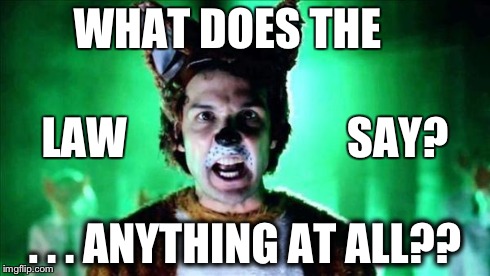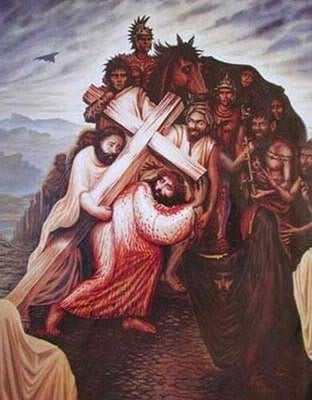NOTE: When it comes to the best way of how to understand Christian anthropology, I do not purport to speak for any person here except for myself, even as I am confident that what I say is harmonious with FC VI.* Following up on the heels of Trent’s fine post… (also note this relevant post from his own blog) It is my good guess that the recent discussion that occurred at the Brothers of John the Steadfast blog about Pastor... Read more
















